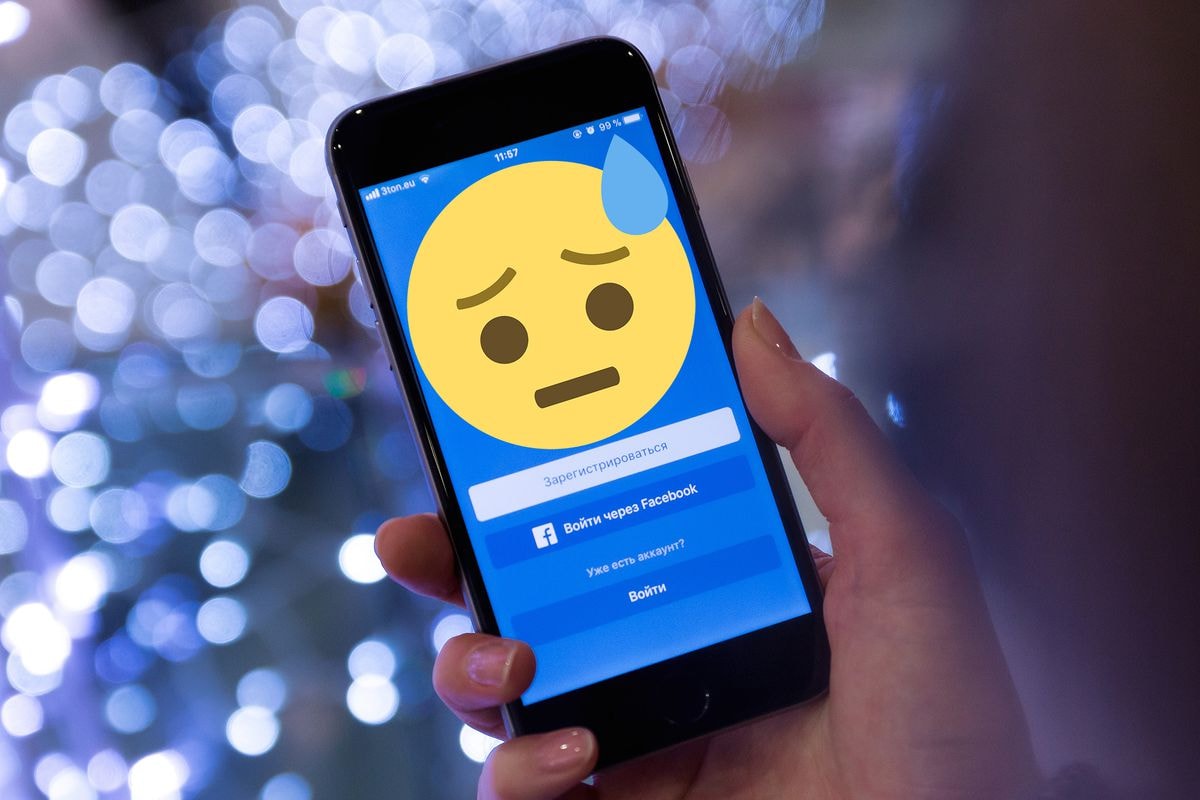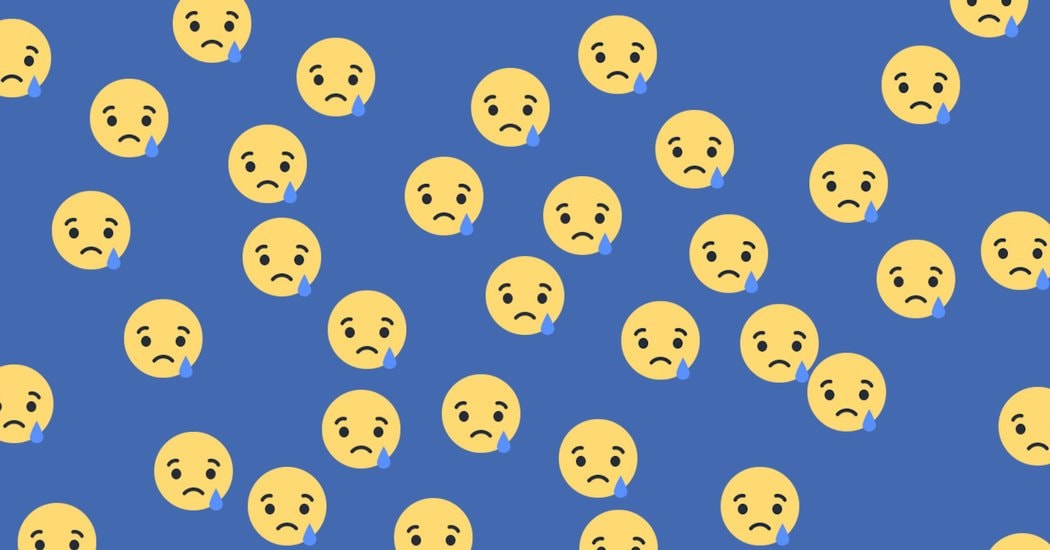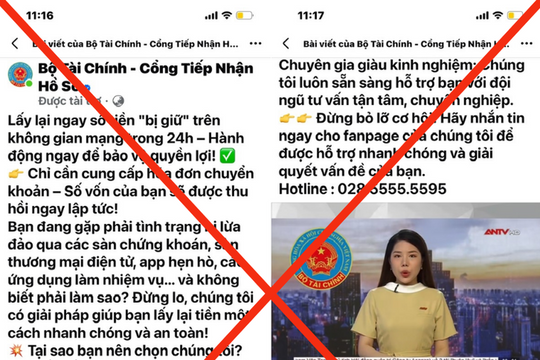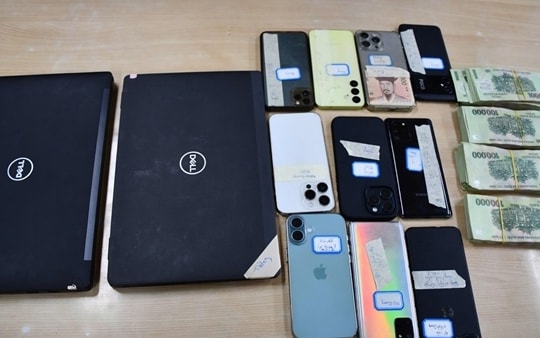Why is it so hard to delete Facebook?
Another Facebook controversy, violating privacy by allowing others to collect personal information. #deletefacebook or boycott Facebook, delete Facebook is a big controversy.
Some people will think about leaving Facebook, but most of the 2 billion+ users will… think again. The vast majority will return to Facebook, just like they did the last time. Users are psychologically dependent on Facebook, making it impossible for them to leave, even though in some ways they know Facebook is bad for them.
|
Decades of research have shown that our relationship with all media, whether it’s movies, television, or radio, is symbiotic: People enjoy them because they get pleasure from watching them—with benefits like relaxation and socializing. The more people use them, the greater the pleasure.
With Facebook, Twitter, Google – and indeed all interactive media platforms – in addition to providing content, it also offers interactivity, satisfying some innate human needs.
The interactive tools on Facebook provide simple ways to engage your curiosity, spread your thoughts and images, maintain relationships, and fulfill your desire to be seen. Social media takes advantage of common psychological traits and tendencies to keep you online and reveal more about yourself. This is why quitting Facebook is so difficult.
"Nurturing friendship"
The more you click on social media, the stronger your online relationships become. Hitting the 'Like' button, commenting on friends' photos, sending birthday wishes and tagging others are just some of the ways Facebook allows you to engage in "social networking". All of these small, fleeting connections help users maintain relationships with a large number of people, with relative ease.
Building a perfect image of yourself
The more you reveal, the more likely you are to succeed. Studies show that the “self-disclosure” strategy is a key feature of using Facebook. Users shape their online identity by revealing which concerts they went to and who they went with, which earns them support and acclaim in the communities and friends they join. In this way, you can manage your online image and the impressions others have of you, something that is nearly impossible to do in real life with such control and precision. Online, you are always actively constructing the perfect version of yourself.
Ability to track others
The more you click, the easier it is to follow others. This ability to follow is one of the most important satisfactions users get from Facebook. Most people enjoy searching for others on social media, often surreptitiously. The psychological need to follow is deeply rooted and drives you to keep up with the news of the day, and then fall victim to FOMO (the fear of missing out). Even older people, who hate to reveal too much about themselves, use Facebook to follow others.
|
Strengthening social resources
The more you reveal, the greater your social value. It may help an old classmate find you and reconnect. Studies have shown that using Facebook effectively can increase your social capital, whether you are a college student or a senior citizen looking to connect with family members or reconnect with long-lost friends. Being active on social media is associated with increased self-esteem and subjective well-being.
Expand your network
The more you click on social media, the larger your network becomes. When you click to share a story on social media or express approval of a product or service, you are contributing to the creation of a concurrent support. Metrics that demonstrate strong user support, such as a five-star rating for a product on Amazon, are persuasive, in part because they represent a consensus of opinions. In this way, you become part of online communities that shape ideas, events, movements, stories, and products—which can ultimately enhance your sense of belonging.
The more you show, the more you are recognized.
Whether it's a tweet, a status update, or a detailed post, you can express yourself on social media. This self-expression can be empowering in itself, with each "like" or smiley face adding to your sense of self.
The features of social networks bring us so much satisfaction, and they are so important, that no one can easily give up social networks.
Algorithms never let you go
While most people lament the personal data mining algorithms, they implicitly understand that sharing personal data is a necessary part of enhancing the experience. The algorithms that collect information are also the algorithms that push you to be more social, based on your interests, behaviors, and friendship networks. If you don’t have Facebook, you’re not “socialized.” Facebook is a major social lubricant of our time, constantly suggesting more friends to add to your circle and notifying you when your friends have said or done something that might interest you.
Facebook knows this all too well. Just try deleting your Facebook account and you’ll see. The author of the article on Live Science said that when one of his friends tried to cancel her Facebook account, she realized how big the loss was – the account was disabled, all the memories were gone, and she lost contact with more than 500 friends.




.jpg)





